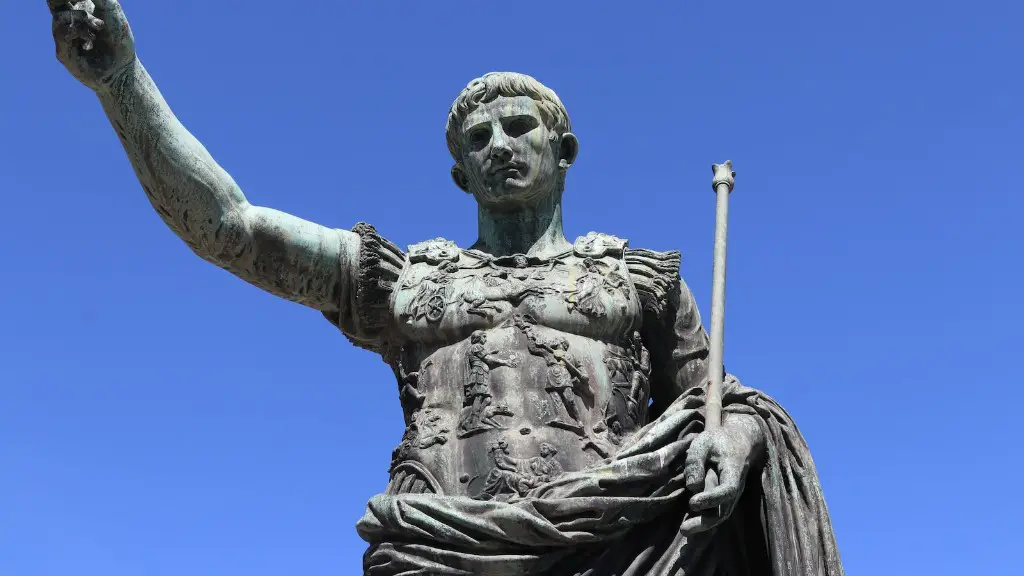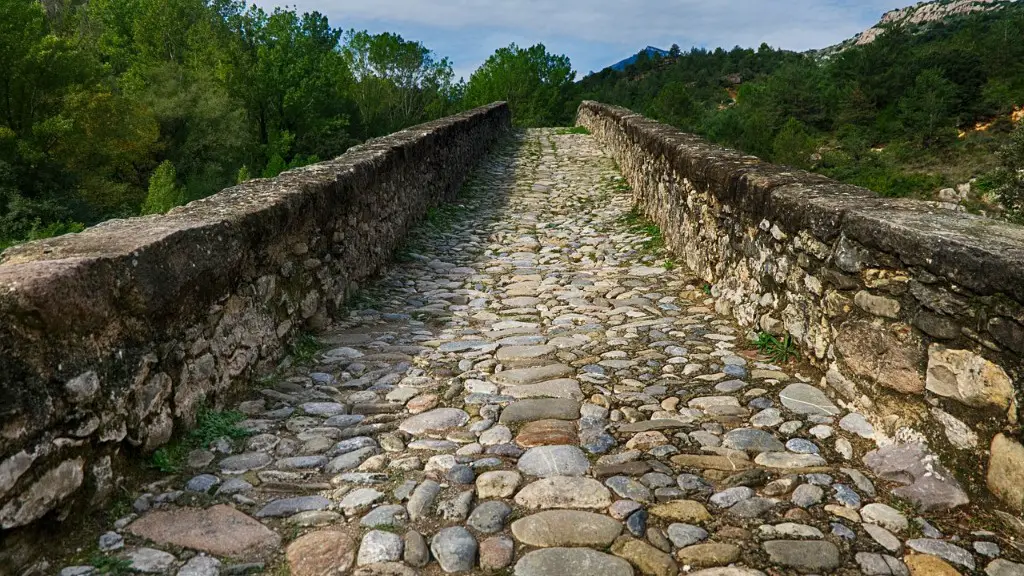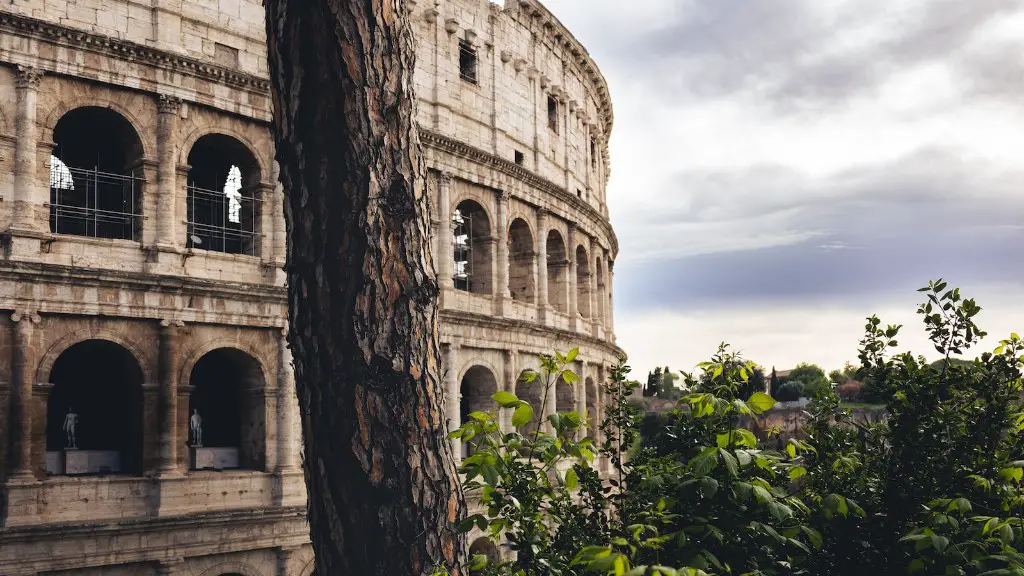Introduction
People of Ancient Rome were not just part of a single historical period, but have existed and evolved over time. The earliest civilizations that we know of trace their roots to Ancient Rome, making the Romans some of the most influential figures in history. Rome was initially founded in 753BC, and was able to exponentially expand its influence in the Mediterranean throughout the ages, eventually becoming the center of the Roman Empire. Even today the cultural traditions and language of Ancient Rome continue to influence the world.
Culture and Language
The Romans believed in gods, spirits, and monsters whose power and influence determined the direction of their lives. Despite having numerous gods and goddesses, the Romans were mainly polytheists, believing in many gods who each had a special purpose. They were also quite superstitious, often believing that doing certain things in a certain way could bring good luck and fortune.
The culture of Ancient Rome was also defined by the Latin language, which was the predominant spoken language across the Roman Empire. Latin became the language of the Catholic Church, and was a key factor of early Western civilization. This language has had a profound effect on the modern Western languages, including English and Spanish. Besides the language, the people of Ancient Rome are known for their intellectual achievements and sophistication, with famous figures such as Cicero and Julius Caesar making lasting contributions to the world.
Economy and Governance
The Roman Empire was driven by a primarily agrarian and pastoral economy. In terms of governance, Rome was a monarchy before transitioning to a semi-republican regime in the 4th century BC. During this period, Rome was split into two consuls, with each consul having equal power. This type of government proved successful in the expansion of Rome, and its era of Imperial rule over Europe.
Urbanism
Ancient Rome is known for its impressive urbanism and ingenuity. It was the first city to construct roads and build aqueducts to supply clean water. Rome also built monumental structures such as temples, amphitheaters, and even the infamous Colosseum. The city boasted impressive public squares and plazas, and was the first to use drainage systems and the first to enforce building codes for housing. Despite the negative connotations that come with the word “urbanism,” Ancient Rome’s impressive architecture, engineering, and urbanism made it one of the most impressive cities of the world during its time.
Military and War
The military forces of Ancient Rome have shaped the world in countless ways. The Roman Empire was feared, respected, and revered all around the world, and its glorious victories can be seen in the many monuments and sculptures that still stand to this day. The Roman military was organized into legions, with each legion containing around 5,000 soldiers. This organization allowed the Romans to conquer vast territories and become a superpower in their time. It also helped to instill the importance and value of military service, setting the standard for future imperial rule.
Influence on Modern Society
The people and culture of Ancient Rome continue to influence our modern society in countless ways. Latin is still the official language of the Catholic Church, which still plays a major role in global politics and world affairs. The architecture of Ancient Rome has been studied and admired for centuries, and its epic literature continues to serve as an inspiration for writers and storytellers. The military tactics of the Roman army were later adopted by great conquerors such as Napoleon and Julius Caesar, while even the legal system of Rome is still used throughout the world today. The influence of the people of Ancient Rome will be felt throughout the course of time.
Impact on Other Cultures
The people of Ancient Rome also served to influence other cultures. Through their expansion, Ancient Rome connected various cultures and blended various beliefs and lifestyles. The Roman Empire was responsible for the spread of Christianity across the globe, as well as introducing Greek philosophy to the world. Ancient Rome also left behind a rich legacy of art, literature, and architecture, which can still be seen in many of the world’s great cities and towns. Many of the major religions, holidays, and cultures across the globe owe their success and past to the influence of Ancient Rome.
Modern Relevance
Despite being thousands of years old, the people and culture of Ancient Rome remain relevant today. Their literature, languages, and philosophy continue to provide valuable insights into the world. Meanwhile, the monumental architecture of Rome is as powerful and awe-inspiring as ever, reminding visitors of the Empire’s past greatness. Rome’s influence can also be felt in modern day geopolitics, where it continues to shape the society and culture of many countries. Ancient Rome continues to offer valuable lessons and wisdom to modern society, helping people learn from the mistakes and successes of those who came before.
Legacy
The legacy of the people and culture of Ancient Rome lives on to this day. What began as a small city-state in the Mediterranean grew to play a major role in world history and culture for centuries. Despite its eventual downfall, the legacy of Ancient Rome continues to be seen and felt in the modern world. The language, literature, architecture, gods, and religions of Rome continue to influence and shape the world, reminding everyone of the greatness of Ancient Rome and its people.


